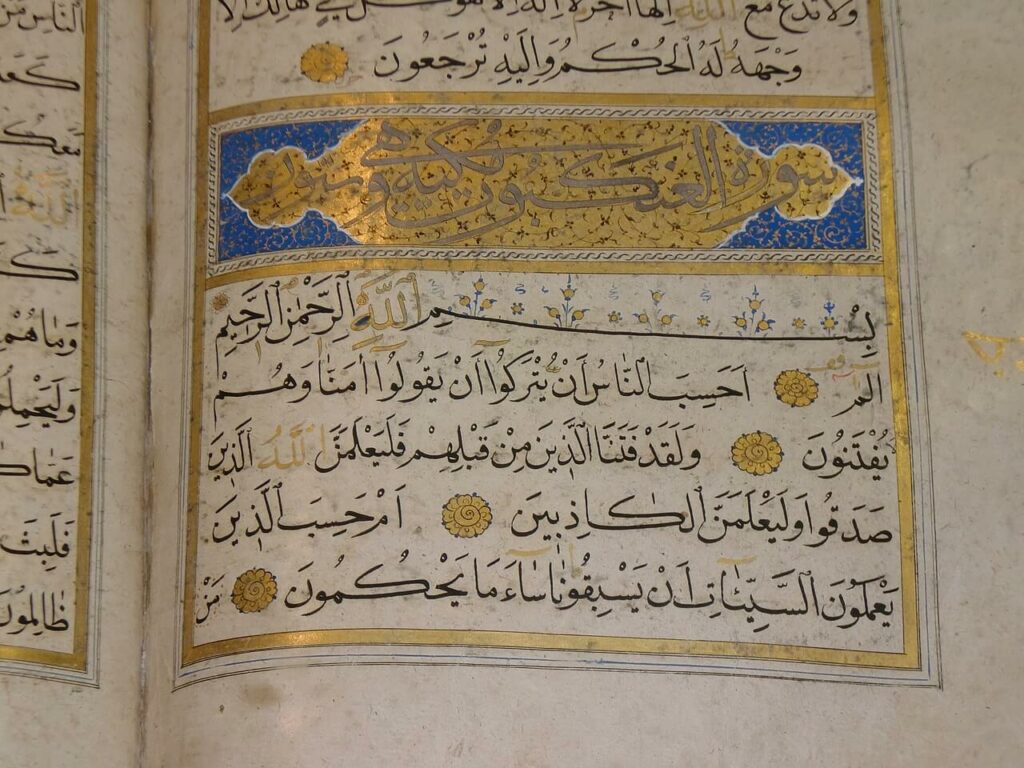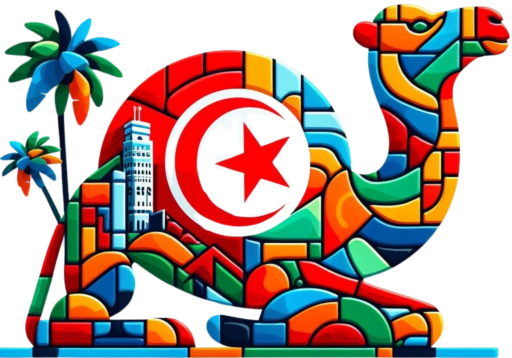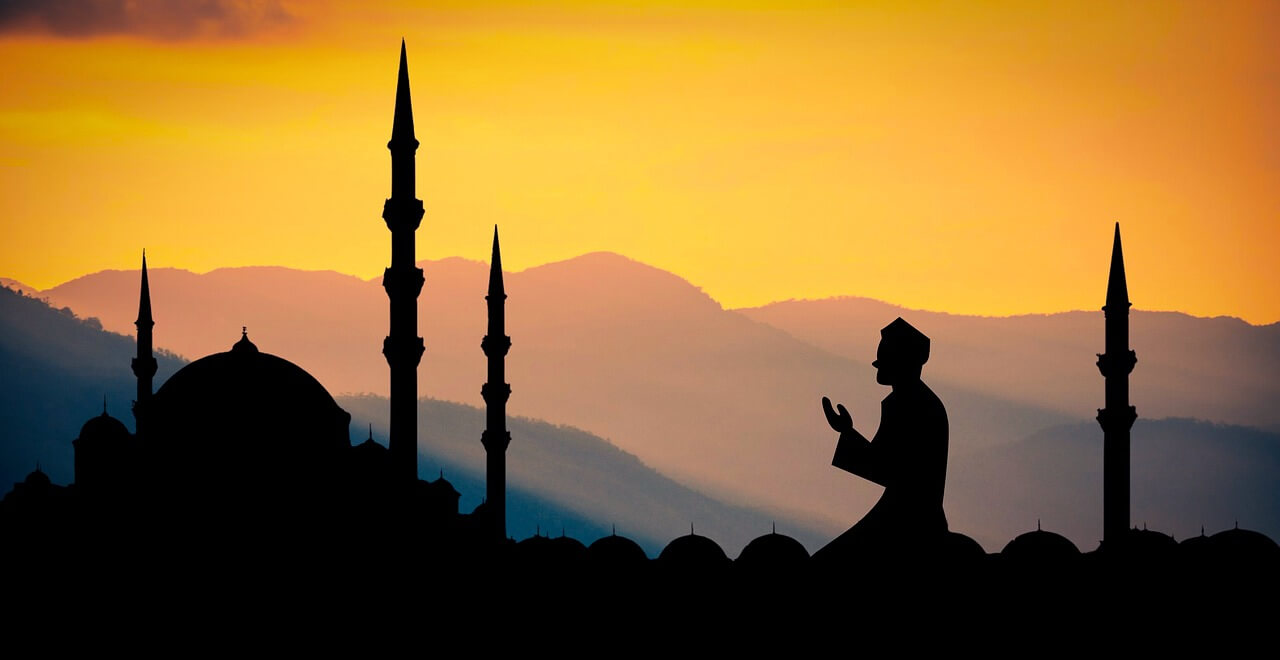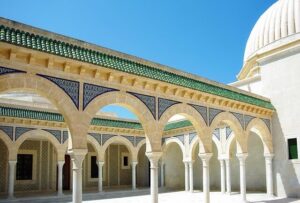Table of Contents
The Meaning of Ramadan
Ramadan is one of the holiest months in the Islamic calendar and represents a time of deep spirituality and connection with Allah. This period commemorates the first revelation of the Quran to the Prophet Muhammad, which occurred during Laylat al-Qadr, known as the Night of Destiny.
During Ramadan, Muslims worldwide observe fasting from dawn to sunset. This practice, known as Sawm, is one of the Five Pillars of Islam and symbolizes the purification of the soul and self-discipline. Besides fasting, the faithful dedicate time to prayer, spiritual reflection, and charity.
Ramadan is also a time of unity and solidarity. Families gather to share meals, and communities are strengthened through religious and social events. The month concludes with Eid al-Fitr, a festival celebrating the end of the fast and marking a time of joy and gratitude.
Ramadan 2024 Dates
The 2024 Ramadan dates are determined by the Islamic lunar calendar, which follows the phases of the moon. In 2024, Ramadan will begin on the evening of Sunday, March 10, and end on Tuesday, April 9, with the start of Eid al-Fitr.
Dates may vary slightly depending on the sighting of the crescent moon, a traditional method used in many Muslim communities to confirm the start and end of the holy month. Alternatively, some nations rely on astronomical calculations to predict dates accurately.
Since the Islamic calendar is about 11 days shorter than the solar calendar, Ramadan shifts every year. In 2024, falling in spring, fasting hours will be more balanced compared to when the holy month occurs in summer, with longer and hotter days.
Rituals and Traditions of Ramadan
Fasting (Sawm)
Fasting, or Sawm, is the central rite of Ramadan. Muslims abstain from food, drinks, smoking, and other activities during daylight hours to purify themselves spiritually and strengthen their faith. The fast begins with a pre-dawn meal called Suhoor and is broken at sunset with Iftar, often starting with dates and water, following the tradition of the Prophet Muhammad.
This ritual is not only physical but also mental and spiritual: the faithful are encouraged to avoid negative behaviors such as anger or gossip, focusing instead on positive actions and prayers.
Prayers and the Quran
During Ramadan, daily prayers take on greater significance. Besides the five canonical prayers, many Muslims participate in special evening prayers called Tarawih, often recited in mosques. These prayers focus on the recitation of the Quran and are a time of deep community and spirituality.
Charity
Another essential element of Ramadan is charity. Zakat al-Fitr, a form of obligatory almsgiving, is given by Muslims before the end of the holy month to help the less fortunate celebrate Eid al-Fitr. Many also choose to make voluntary donations throughout Ramadan.
How Ramadan is Celebrated Worldwide
Ramadan celebrations vary according to local cultures, but everywhere the month is characterized by a strong sense of spirituality and community. In the Middle East, cities transform with night markets and vibrant decorations, while in Indonesia, Ramadan is marked by traditional events such as Padusan, a purification ritual.
In Africa, Ramadan is an opportunity to strengthen family bonds with abundant meals that bring communities together. In Europe and North America, Muslims blend their traditions with modern lifestyles by organizing collective Iftars and Quran study sessions.
Despite cultural differences, Ramadan unites Muslims worldwide under a shared goal: strengthening faith and solidarity.
Ramadan in Tunisia
In Tunisia, Ramadan is a month of profound spirituality and local traditions. Days are marked by prayers, work, and reflection, while evenings come alive with hearty dinners and social gatherings. Dishes such as brik (a fried pastry with fillings) and couscous take center stage on Tunisian tables.
Tunisian streets and markets bustle with life, offering dates, spices, and traditional sweets like makroud. Mosques host collective prayers, reinforcing the sense of community and spirituality that defines this month.
Laylat al-Qadr is particularly significant in Tunisia, with celebrations including prayers, chants, and donations. This holy month culminates with Eid al-Fitr, a festival of joy and gratitude across the country.
Read more of our articles, click here.
To watch a short documentary, click here.
“`






